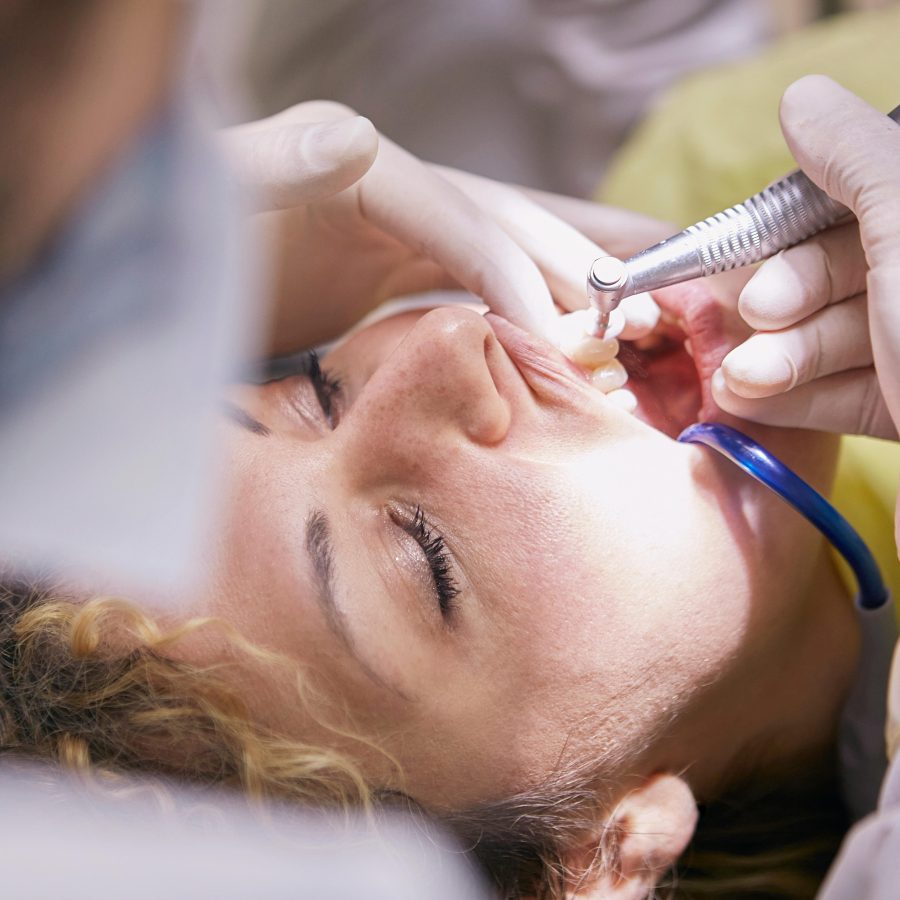Many people experiencing homelessness and other excluded groups struggle with oral health problems. These can be caused by a combination of issues, including lack of dental care and education during childhood, smoking, alcohol and substance use, chaotic lives, mental health problems, confusion about charging or entitlement to care, and barriers to access.
In addition to Homeless and Inclusion Oral Health research, Pathway has worked to build relationships with grassroots outreach initiatives and charities, opening up opportunities for oral health promotion outreach, and works to raise awareness across the profession through the Faculty for Homeless and Inclusion Health.
